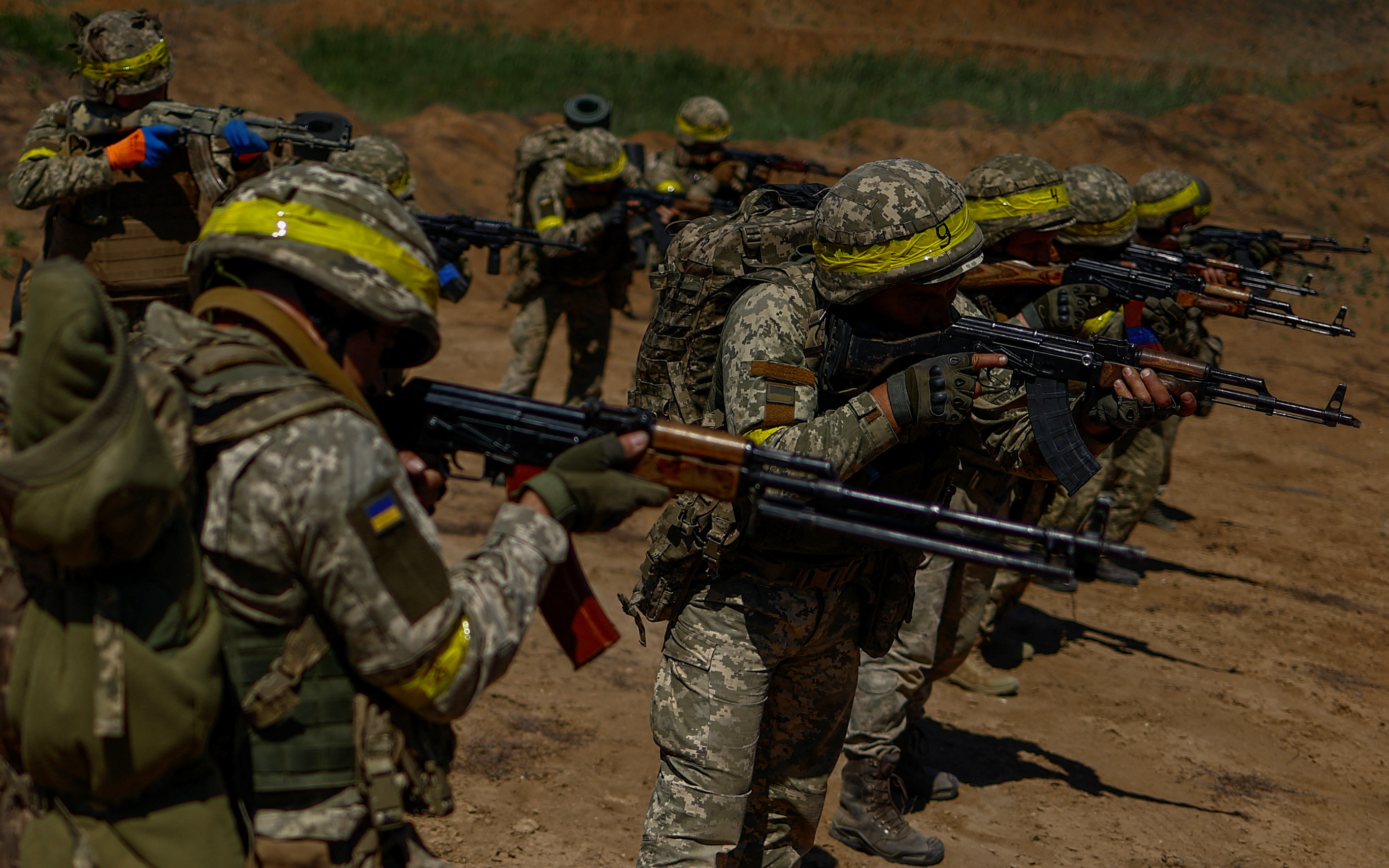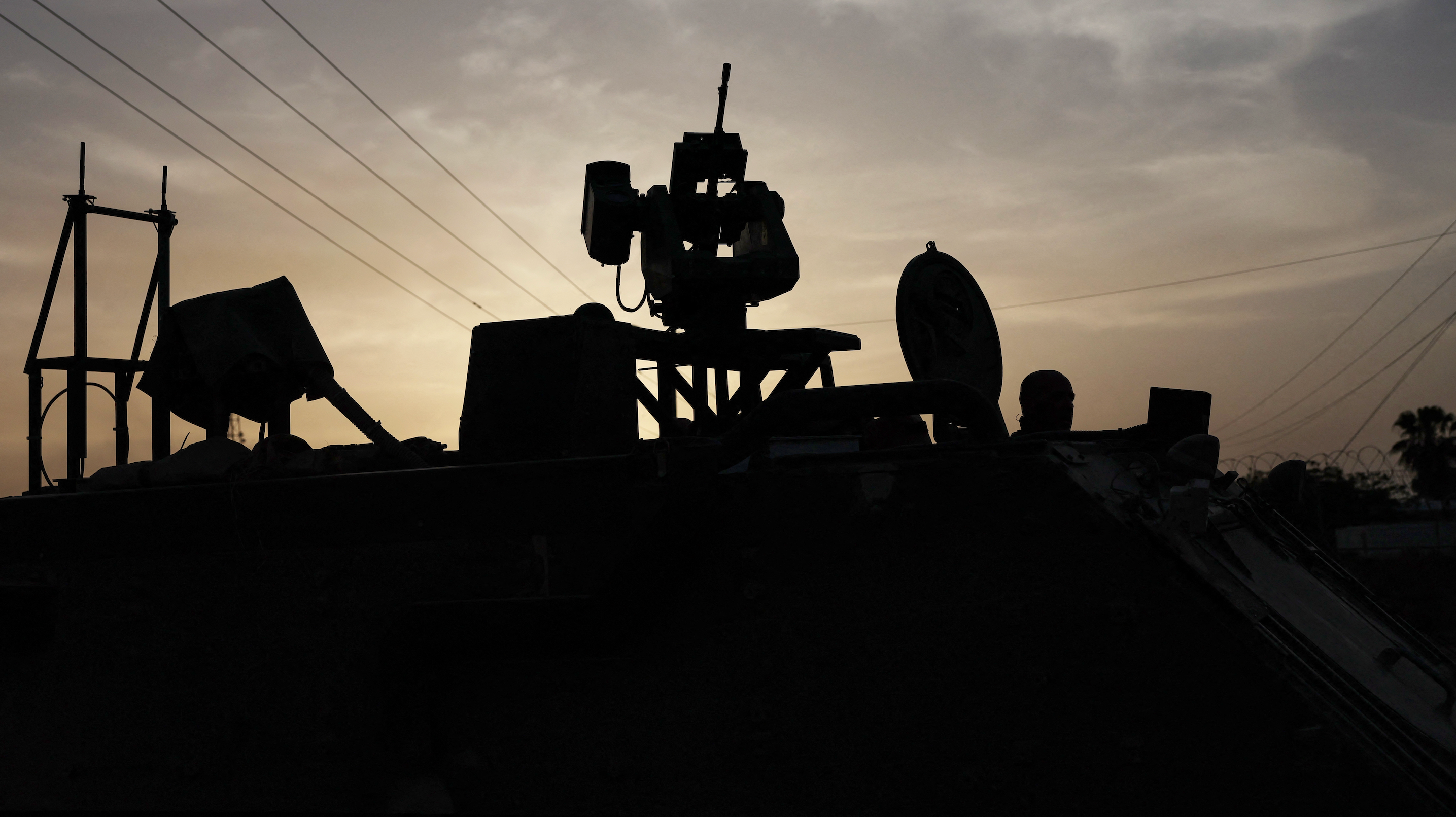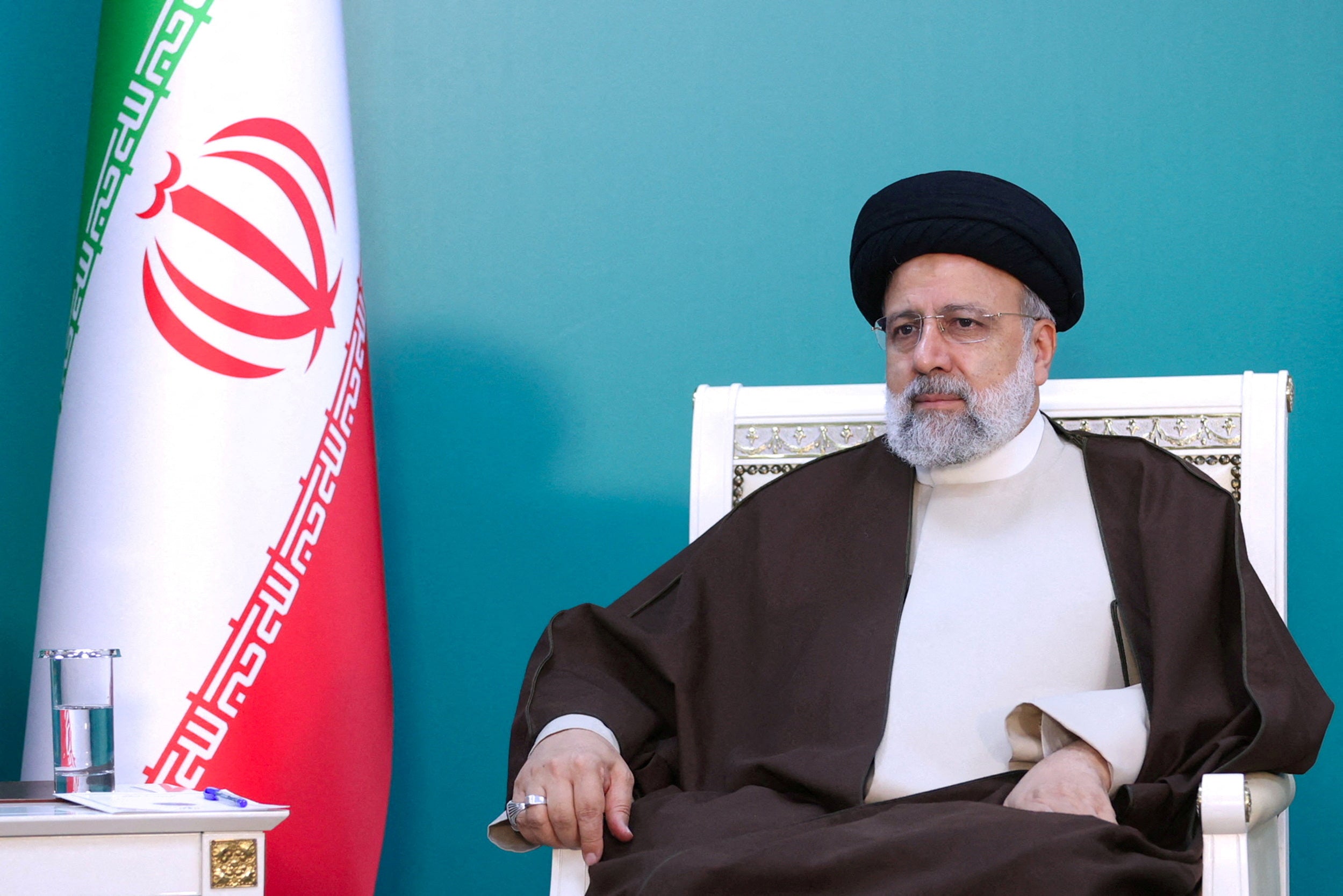
Ukraine controls 60% of Kharkiv border town after Russian attacks, Kyiv says
PHOTO CAPTION: Donetsk region, Ukraine May 11, 2024. REUTERS/Valentyn Ogirenko
KYIV (Reuters) - Ukrainian troops still control about 60% of Vovchansk and are fighting house-to-house to defend the border town in northeastern Kharkiv region from Russian attacks, officials said in the most detailed public assessment of the battle to date.
Capturing Vovchansk would be Moscow's most significant gain since it opened a new front in the northern part of Kharkiv region earlier this month, stretching Kyiv's forces in the third year of the full-scale invasion.
"The enemy continues to try, especially inside Vovchansk, to push the Ukrainian Armed Forces out of the town," Kharkiv region's deputy governor Roman Semenukha said on national television on Monday.
"About 60% of the town is controlled by the Ukrainian Armed Forces, meaning that the assaults do not stop," he added.
The region's governor, Oleh Syniehubov, said the front line now runs along the Vovcha river which cuts through the town.
"Our soldiers are trying to defend the town house by house, street by street," Syniehubov said. "The enemy's plan to quickly capture the north of the region failed," he added on national television.
Vovchansk's police chief said last week that Russian forces had taken positions in the town and called the situation "extremely difficult".
Russia's push in Kharkiv region with assaults in the areas of Vovchansk and Lyptsi forced Ukraine to send in reinforcements - stretching its troops along the more than 1,000-km (600-mile) frontline in the east and south.
Ukraine's General Staff said earlier its forces had repelled Russian attacks near Starytsia, a village about 5 km from the border with Russia, as some of Kyiv's units worked to strengthen defensive positions in the area on Monday.
Semenukha said local authorities had evacuated around 10,500 people from the border areas since May 10 when Russia launched the assault on Kharkiv region.
(Reporting by Anastasiia Malenko, Yuliia Dysa; Editing by Gareth Jones, Tom Balmforth and Andrew Heavens)









